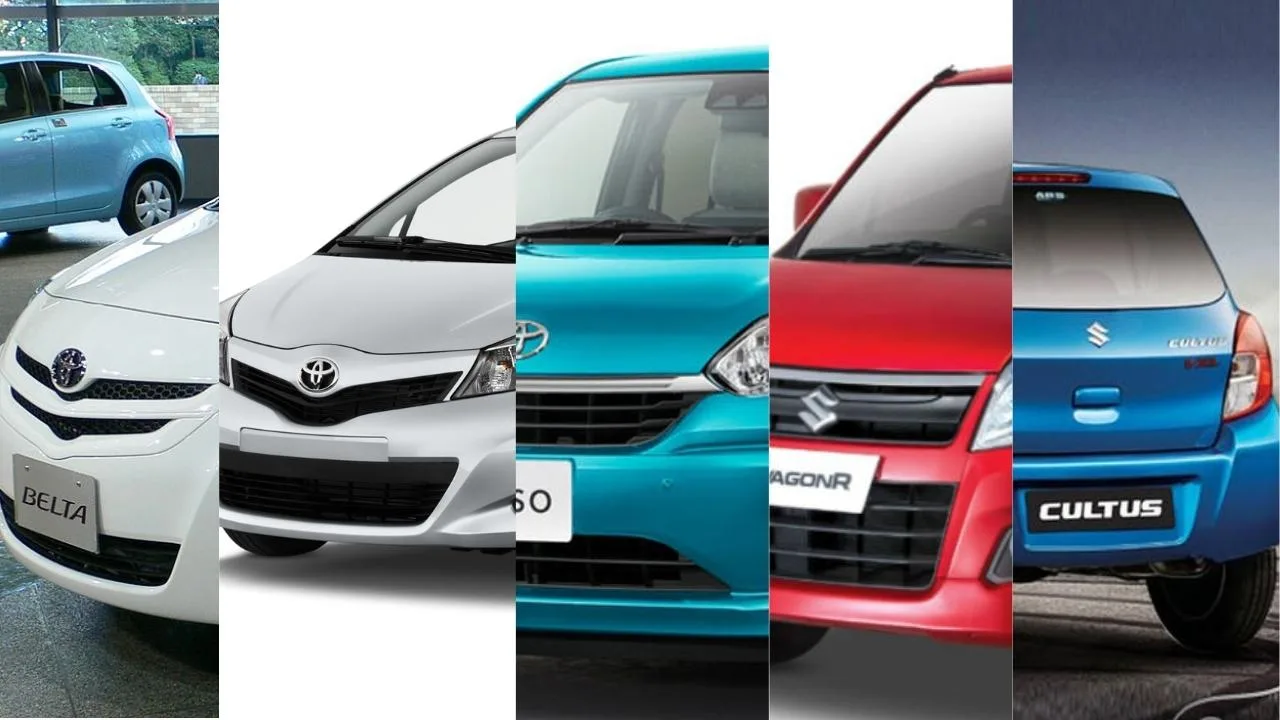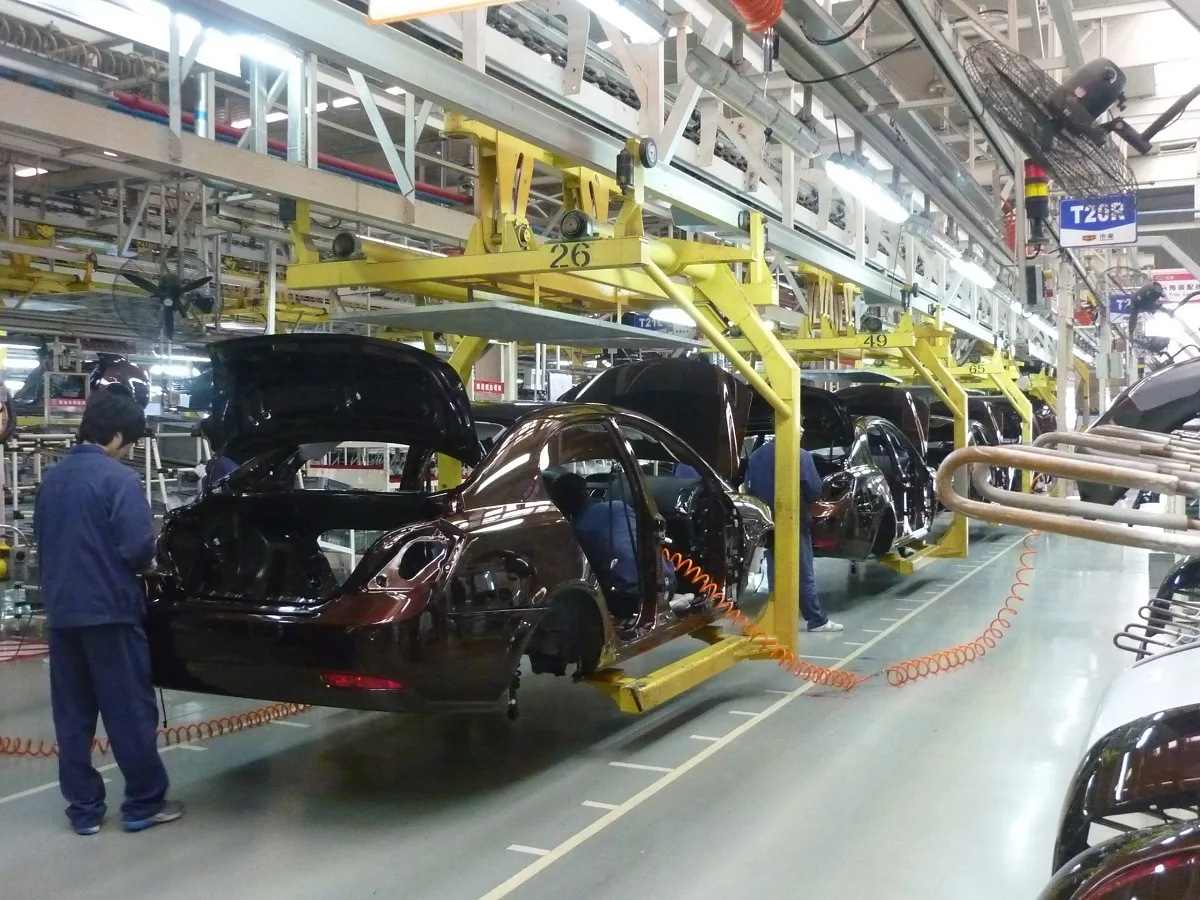The prices of cars being manufactured or assembled in Pakistan are higher than the prices of cars of same categories being manufactured or assembled in the neighboring Countries.
In Pakistan, the prices of cars, motorcycles etc. are deregulated and governed by private companies and complex web of economic forces. The government policies, taxes, currency devaluation, and demand and supply all play a significant role in determining the prices of cars in the Country.
The prices of vehicle depend upon various factors including;
- Rupee-Dollar Parity
- Freight Cost
- Input Material Cost in international / local market
- Cost of Doing Business
- Improvements in Vehicles and Introduction of Additional Features
- Import Compression Policy
- High Taxes
In comparison, the car prices in countries like India especially in case of smaller cars due to economies of scale are lower than in Pakistan. This is due to a more comparative market and lower taxes.
Rupee-Dollar Parity
The devaluation of Pakistani Rupees (PKR) against the US Dollar (USD) has a major impact on the prices of vehicles in Pakistan. Pakistan’s automotive industry assembles cars in Pakistan through imports of CKD kits.
Moreover, the raw material of localized components is also imported.
As a result, with the increase in taxes, the prices of vehicles also increase in Pakistan.
The Pak Rupees to USD depreciation can be seen in the following table, there is a deprecation of 82% over the span of three years i.e. 2021 to 2023.
The adverse parity of the rupee-dollar and hiked duties and taxes on the sector led to an increase in car prices in Pakistan.
Currency Rate |
US$ Rate (June 2021) |
US$ Rate (June 2022) |
US$ Rate (June 2023) |
% (June 2021 to June 2023) |
| USD/PKR=157.52 | USD/PKR=204.75 | USD/PKR=287.18 | 82% |
Source: State Bank of Pakistan
Increased Freight Rate
The increase in freight rate is another important factor in the car prices raised in Pakistan. A freight rate is a cost of transporting a specific cargo from one location to another. The freight rates have risen by more than 250 percent in a year. The rise in freight charges has affected practically every industry including the automobile industry. The freight charges are directly proportional to the value of the US dollar in the global market.
The following are details;
Freight Rates |
|
Year |
US Dollar |
| 2019 | 400 |
| 2020 | 4,500 |
| 2021 | 6,500 |
| 2022 | 6,000 |
Note: Freight rates are taken as shipment of Japan. Shipments from different origins have different rates. The rate also varies among random shipment and shipments done on annual agreement basis.
Input Material Cost in International/Local Market
Another major reason for the rise in the prices of cars in Pakistan is the rise in raw material prices. Pakistan imports automotive parts and accessories from Asian Countries. The price of raw materials has become tremendously high. The cost of production and transporting automobiles has gone up due to the high value of raw materials prices. The increase in prices of petroleum products along with the surge in steel prices has badly impacted the local car manufacturing firms.
Import Compression Policy
It is important to allude to the policy of import compression by the government to manage the balance of payments implement in May 2022. As an outcome, capacity utilization of the companies has been reduced to less than 50 percent. Due to low-capacity utilization, some manufacturers temporarily close down their plants and plan their operations on the basis available raw materials/kits.
The decrease in production is observed between July-March 2021 and July-March 2022 as under;
Item Name |
2021-22 (July-March) |
2022-23 (July-March) |
% Change |
| Cars | 1,73,700 | 83,505 | -51.93 |
| SUVs/Jeeps | 25,611 | 22,820 | -10.90 |
| LCV’s | 38,875 | 18,056 | -53.33 |
| Trucks | 5,443 | 3,302 | -39.33 |
| Buses | 512 | 626 | 22.27 |
| Tractors | 41,918 | 22,690 | -45.87 |
| Motorcycles | 17,49,525 | 10,33,170 | -40.95 |
Total |
20,35,566 |
1,184,249 |
-41.82 |
High Taxes:
Taxes are one of the main factors that contribute to the high car prices in Pakistan. these taxes include Customs Duty, Federal Excise Duty (FED), General Sales Tax (GST), and Capital Value Tax (CVT) among others. The taxes can add up to as much as 50 percent of the car’s original price, making it difficult for consumers to afford them.
